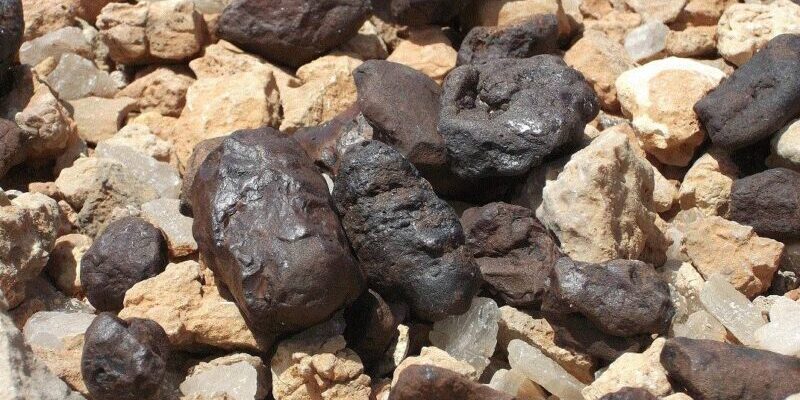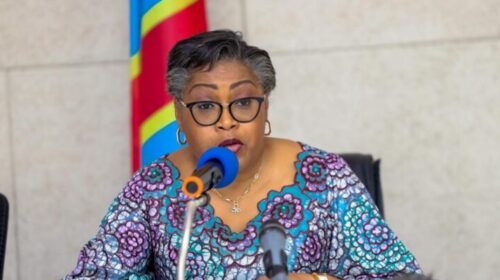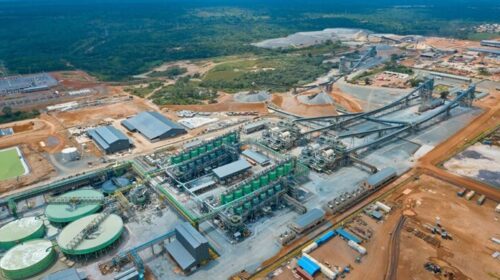DRC Rebels Disrupt Global Mineral Supply with Illegal Coltan Exports to Rwanda: UN Report
Rebels in eastern Democratic Republic of Congo (DRC) illicitly exported at least 150 metric tons of coltan to Rwanda in 2023, marking the largest contamination of the Great Lakes Region’s mineral supply chain on record, according to a United Nations report.
The illegal trade began after the M23 movement, a Tutsi-led rebel group allegedly supported by Rwanda, seized the Rubaya area—a region rich in minerals used in smartphones and computers—following heavy fighting in April.
M23’s control of transport routes from Rubaya to Rwanda facilitated the mixing of Congolese coltan with Rwandan mineral production, the UN Security Council’s Group of Experts stated in their report, released Wednesday.
“This constitutes the most significant contamination of supply chains with ineligible minerals recorded in the Great Lakes region over the last decade,” the report noted, highlighting a region encompassing northeast Congo, Rwanda, and surrounding countries.
Neither Rwanda nor M23 responded to requests for comment.
The report poses challenges for technology manufacturers, who are under pressure to ensure metals in their products are not sourced from conflict zones like eastern Congo.
The UN experts revealed that the rebels established a makeshift “mining ministry” in the occupied territory, creating a monopoly for coltan exports from Rubaya to Rwanda. Rubaya holds one of the world’s largest deposits of this critical mineral.
Through this operation, M23 collected an estimated $800,000 per month in taxes on coltan production and trade. The rebels incentivized miners by doubling their wages and overseeing forced labor to expand road networks for truck transportation.
They also patrolled the area to ensure minerals were sold exclusively to authorized Congolese and Rwandan traders.
In December, Congo escalated the issue by filing criminal complaints in France and Belgium against Apple subsidiaries, accusing the company of sourcing conflict minerals from Congo and Rwanda. Apple has denied the allegations, asserting that its suppliers are prohibited from using such minerals.
107 total views , 1 views today





